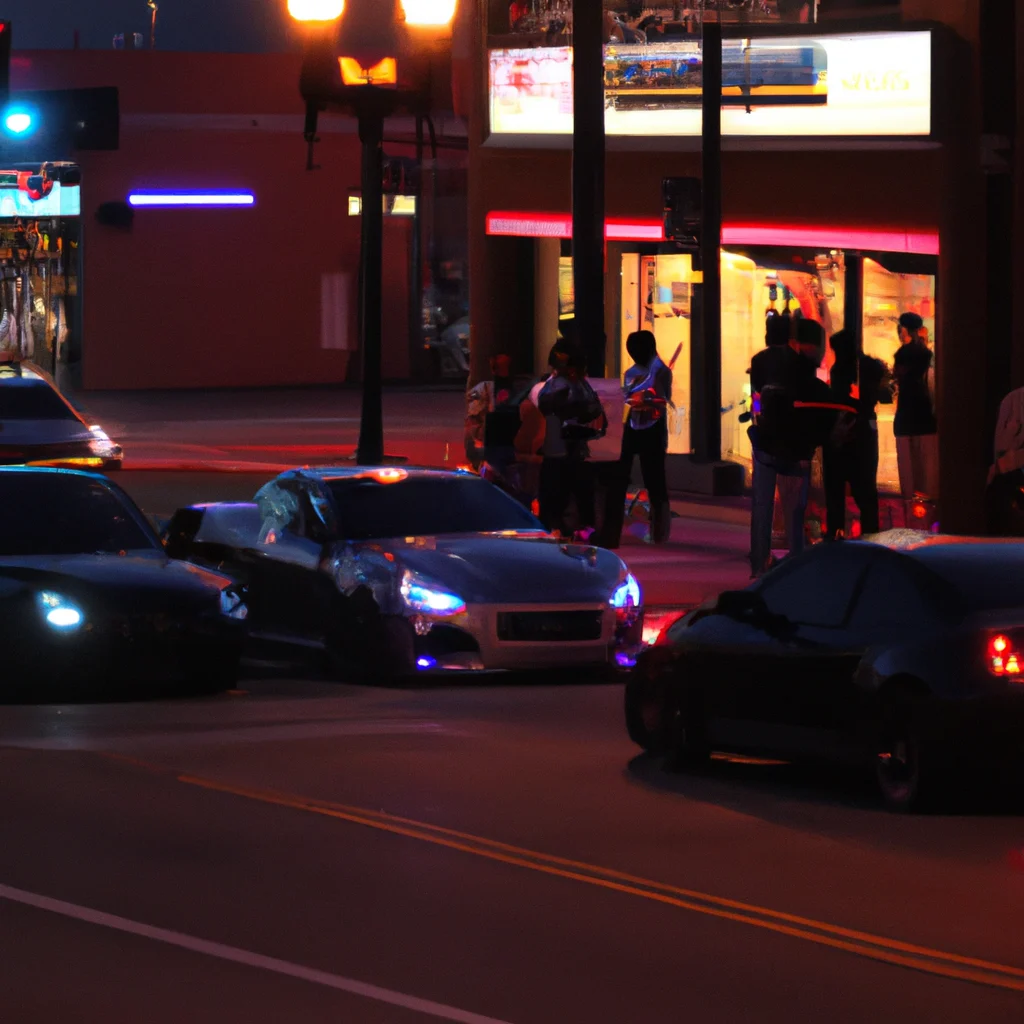Is Street Racing Illegal in the US?
Street racing has long been associated with adrenaline-pumping action, speed, and a culture rooted in car enthusiasts. However, is street racing illegal in the US? The simple answer is yes, in nearly all cases, street racing is considered illegal across the United States. This article delves deep into the legal landscape of street racing, its associated penalties, and safer alternatives for those passionate about high-speed driving.
Understanding the Definition of Street Racing
Street racing is typically defined as the act of competing in high-speed races on public roads without proper authorization or permits. These races often involve two or more vehicles, though solo attempts to beat speed records on public streets also fall under the broader umbrella of illegal racing. The practice is inherently dangerous, as public roads are not designed for racing conditions, and the safety of participants, spectators, and innocent bystanders is at risk.
Why Is Street Racing Illegal in the United States?
Street racing is illegal in the US for several reasons, most of which revolve around public safety, property damage, and the disruption of traffic laws. Here are the primary reasons why it is prohibited:
- Public Safety Concerns: High-speed racing on public roads endangers not only the participants but also pedestrians, cyclists, and other drivers.
- Disruption of Traffic Laws: Racing creates chaos on the roads, making it difficult for law enforcement and emergency services to respond effectively.
- Property Damage: Accidents caused by street racing often lead to extensive property damage, including damage to vehicles, infrastructure, and private property.
- Environmental Impact: Excessive speeding and reckless driving contribute to noise pollution and air pollution in urban areas.
What Are the Penalties for Street Racing in the US?
The penalties for street racing vary by state but are generally severe to deter individuals from engaging in this dangerous activity. Below, we outline the most common consequences:
1. Fines and Monetary Penalties
Fines for street racing often start at several hundred dollars and can escalate to thousands, depending on the severity of the offense and whether it resulted in injury or property damage. For example, in California, offenders can face fines of up to $1,000 for a first offense.
2. License Suspension or Revocation
Street racing convictions can lead to the suspension or permanent revocation of a driver’s license. This penalty is particularly common in states like Texas and Florida, where authorities have strict laws against reckless driving.
3. Jail Time
Serious cases of street racing, especially those involving fatalities or injuries, can result in jail or prison sentences. In some states, offenders may face up to one year in jail for a misdemeanor or several years for a felony.
4. Vehicle Impoundment
Law enforcement agencies often impound vehicles used in illegal street races. In some jurisdictions, repeat offenders may even have their vehicles permanently confiscated.
5. Criminal Record
Being convicted of street racing can result in a permanent criminal record, which may affect future employment opportunities, credit applications, and other aspects of life.
Notable State Laws Regarding Street Racing
Each state in the US has its own set of laws and regulations regarding street racing. Here are some examples of state-specific laws:
California
In California, street racing is a misdemeanor under California Vehicle Code § 23109. Penalties include up to 90 days in jail, fines, and mandatory community service. Repeat offenders may face enhanced penalties, including vehicle forfeiture.
Florida
Florida Statute § 316.191 makes street racing a criminal offense. First-time offenders can face fines of $500 to $1,000, a one-year license suspension, and possible jail time.
Texas
Texas law categorizes street racing as a Class B misdemeanor under Texas Transportation Code § 545.420. Penalties range from fines to jail sentences, with more severe consequences for cases involving injuries.
The Dangers of Street Racing
Street racing is not only illegal but also highly dangerous. Accidents are common, and the consequences can be devastating. Here are some of the major risks:
1. Fatal Accidents
High-speed collisions often result in fatalities, both for participants and innocent bystanders. According to the National Highway Traffic Safety Administration (NHTSA), street racing contributes to hundreds of fatalities each year in the US.
2. Serious Injuries
Even non-fatal accidents can cause life-altering injuries, including traumatic brain injuries, spinal cord damage, and broken bones.
3. Legal and Financial Consequences
Beyond the immediate physical risks, participants in street racing face significant legal and financial repercussions, including lawsuits from victims and high insurance premiums.
Legal Alternatives to Street Racing
For car enthusiasts who enjoy racing, there are safer, legal alternatives to street racing. These include:
1. Race Tracks
Many states have designated race tracks where drivers can test their skills and vehicles in a controlled environment. These facilities offer a safe and legal space for high-speed driving.
2. Drag Racing Events
Drag racing events are organized competitions that take place on closed tracks. Participants can register their vehicles and compete under strict safety guidelines.
3. Car Meets and Clubs
Joining a car club or attending organized car meets allows enthusiasts to share their passion for automobiles without engaging in illegal activities.
Conclusion: Is Street Racing Worth the Risk?
Street racing is undeniably illegal in the United States and comes with severe consequences, including hefty fines, jail time, and the potential loss of life. While the thrill of speed can be tempting, it is essential to consider the legal and ethical implications of such actions. For those who are passionate about racing, we encourage exploring legal alternatives, such as race tracks and organized events, to enjoy the sport safely and responsibly.
At CarVata, we advocate for safe driving practices and provide valuable resources for car enthusiasts. Visit our blog for more insights into car culture, safety, and automotive trends.
